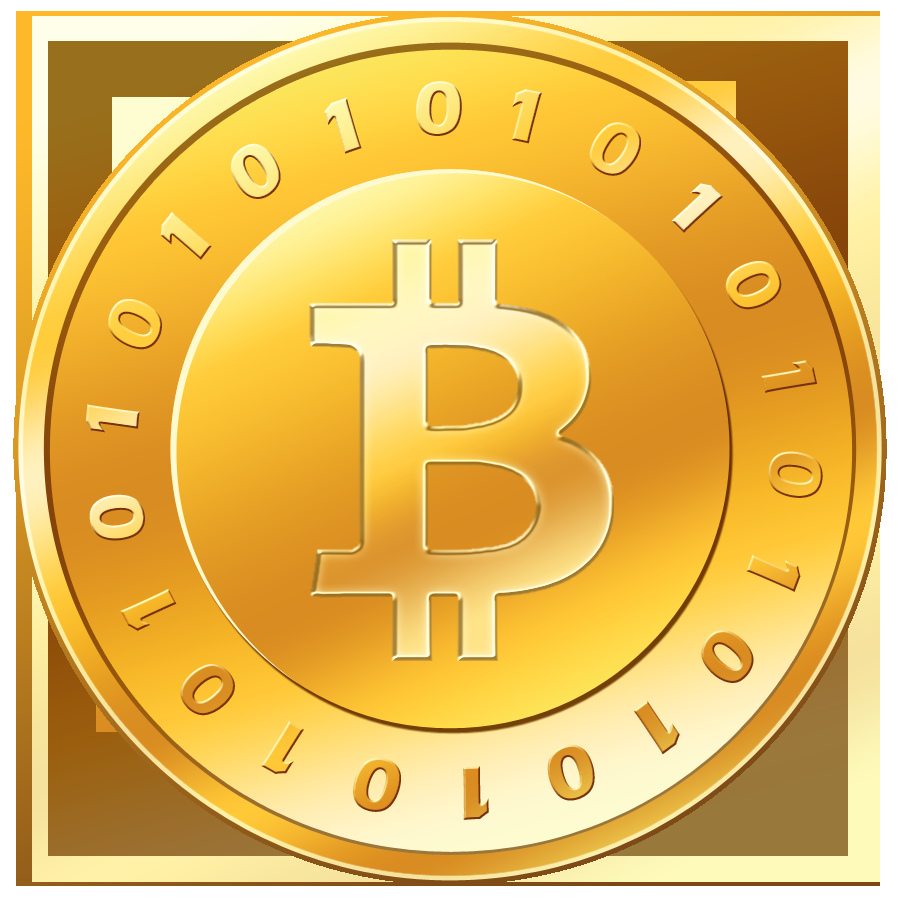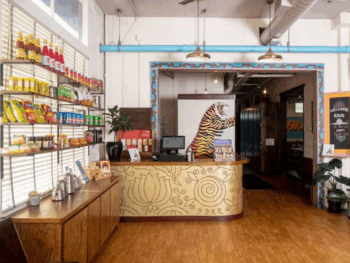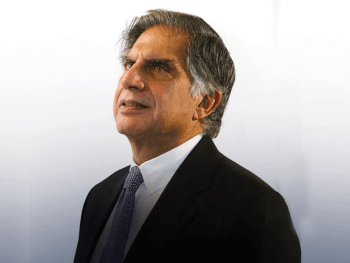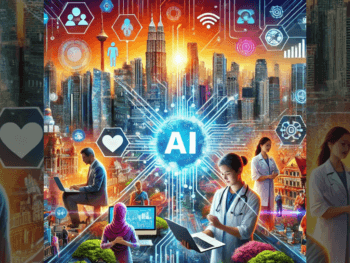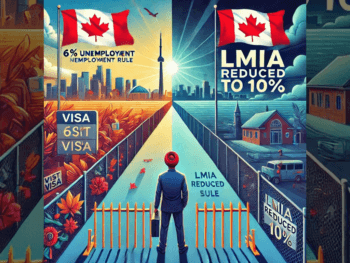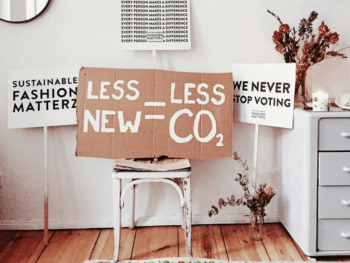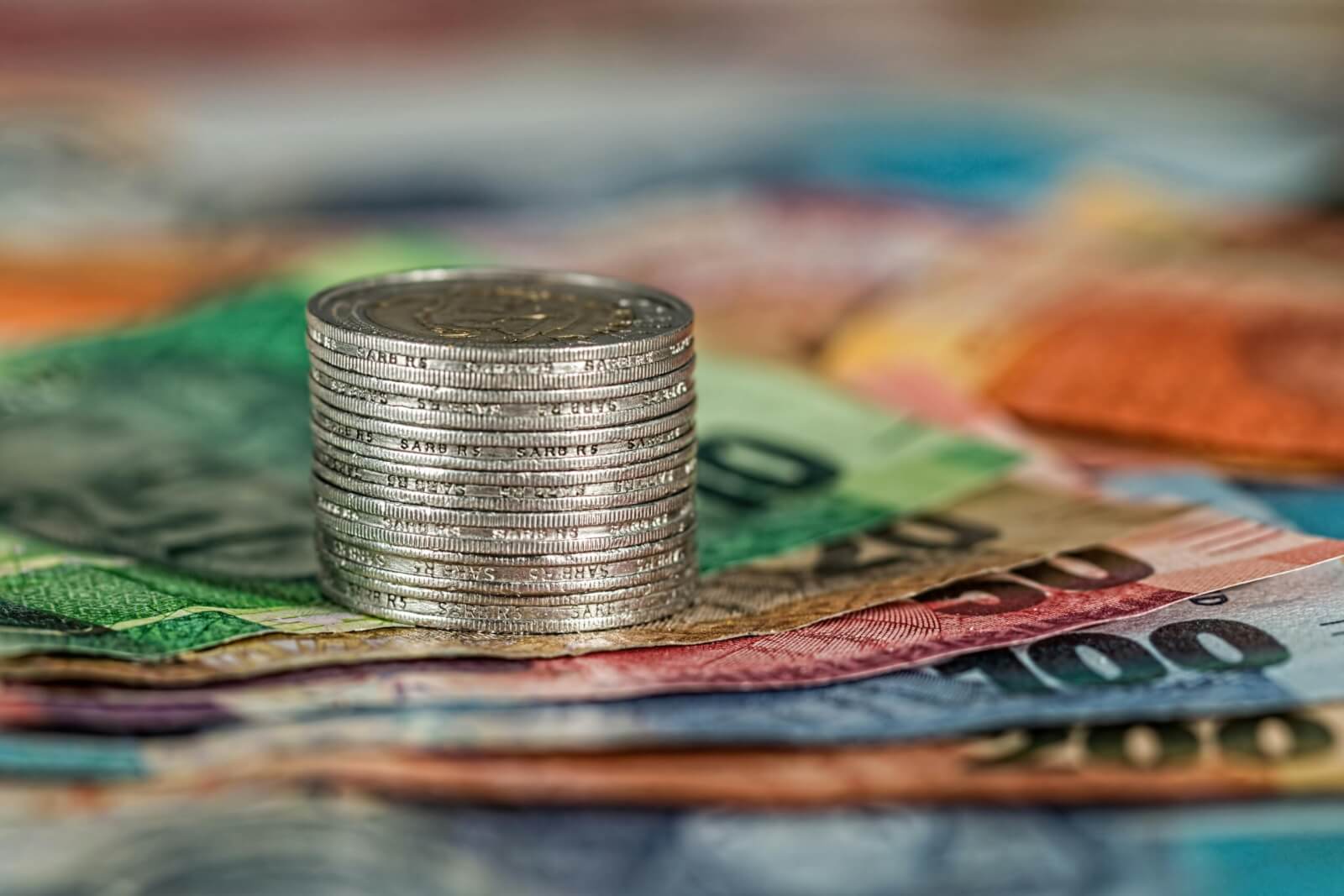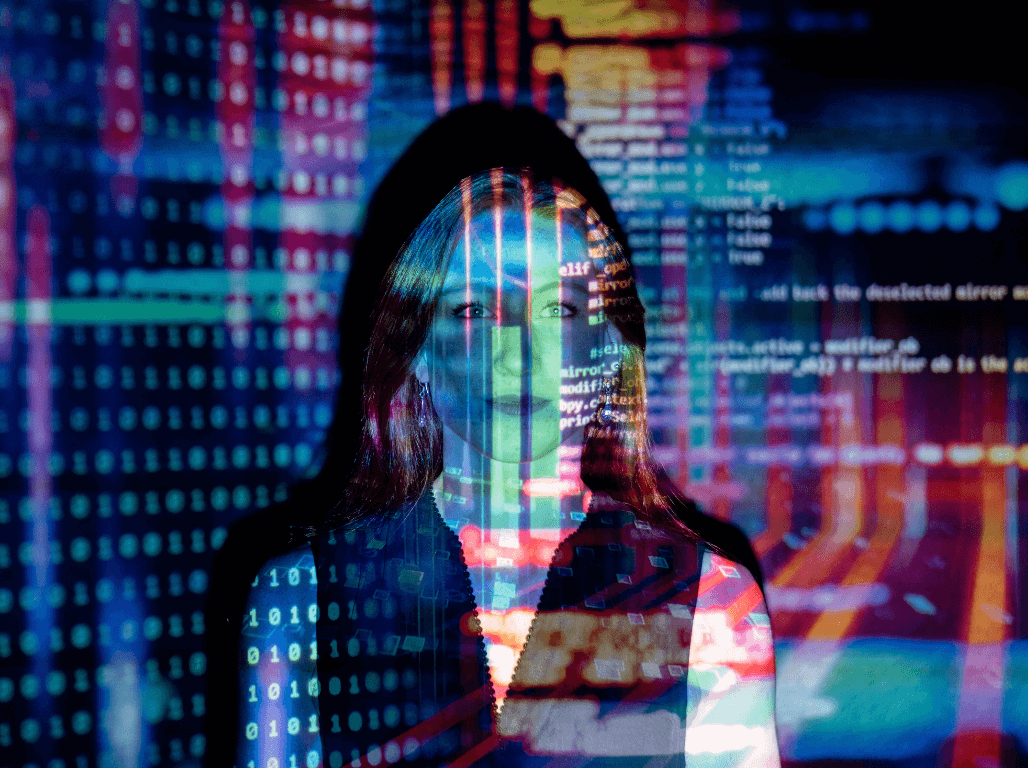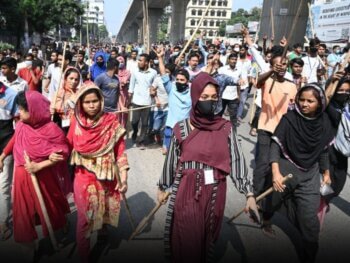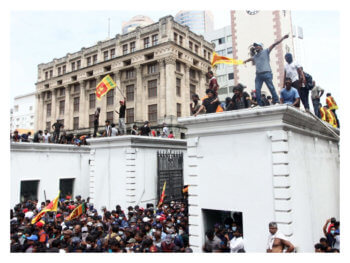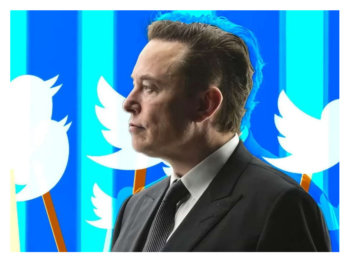The next Bitcoin Global Conference is taking place this year on December 14-15 in Bangalore, India and this is what you need to know.
What are Bitcoins?
Simply put, bitcoins are decentralized digital currency. They are long strings of code impossible to reproduce that are monitored and regulated by a peer to peer network, rather than having their value dictated by one government or another.
Bitcoins are created by a program called a ‘bitcoin miner,’ that undergoes a certain amount of work to create a bitcoin and does so at a steady and predictable rate, thus keeping the value of bitcoins in the market steady.
Bitcoins get stored in personal digital wallets, much like online banking and each transfer of bitcoins includes the unique digital signature of the giver. The exchanged bitcoins ‘reside’ in the receiver’s digital wallet while the strings of code are stored all over the network just like most internet files. However, bitcoins go directly from person to person without passing through a bank or clearinghouse, creating a truly global market but also creating concerns for country economies.
How is Bitcoin valuable?
To explain bitcoins let’s look at a dollar bill. At the end of the day, a dollar bill is only a piece of printed paper. However, the idea behind the dollar is that it stands in for an object of value, acting as a promissory note between buyer and seller. In the past, dollars stood in for gold which was heavy to carry. Imagine carrying gold bars with you every time you went shopping.
However, gold is only valuable because we lend it value and the value of gold is dictated by its needs, uses and regulated scarcity so the gold standard can go up or down in value. The same goes for dollar bills and bitcoins. The two big differences between dollars and bitcoins are that a) you can touch a dollar but you can’t touch a bitcoin and b) dollars are regulated by the government, whereas bitcoins are regulated by a peer-to-peer network and a digital algorithm.
If intangibility concerns you, remember that stocks and bonds are intangible. So are the ebooks you have purchased with dollars you see only virtually, by using your credit card- a piece of plastic used to symbolize the money that you are 'borrowing' and then need to return to a bank once you receive your monthly credit card statements.
Should I just run out and buy Bitcoins?
Right now bitcoins are steadily gaining popularity (tripling in value since 2009) and are used more and more often in the digital sphere. People are now beginning to accept bitcoins for physical products. If the idea of taking part in this financial revolution interests you, read up a bit first and talk to people with financial and computer knowledge.
As far as a currency with staying-power, bitcoins are untested and their ability to stand the ups and downs of the global market are still relatively unknown. Because of their newness the fact that bitcoins aren’t backed by an official currency, the value of bitcoins against more traditional currencies can fluctuate widely with people spending hundreds of dollars on a single bitcoin. Many are concerned that it will turn out to just be a bubble economy.
Right now, Thailand bans bitcoins or digital currency transactions in general, stating the bitcoin’s lack of regulation and instability. In October the United States Justice Department shut down an online black market called the Silk Road, arresting its owner, Ross William Ulbricht. They seized 26,000 bitcoins, the largest seizure of digital currency in history. As a digital market, operating outside traditional banking practice, bitcoins have become an easy means of tax evasion, Ponzi schemes, drug rings and other crimes. However the U.S. government is taking steps to to include bitcoins into the economy, with the Treasury Department saying that companies that use bitcoins should register as money transmitters like Paypal or Western Union, following similar rules to prevent financial fraud.
The Global Bitcoin Conference In India
Right now the Reserve Bank of India has no intention of regulating bitcoins but their stance on that could change.
India is the second largest internet-using country behind China and most of its residents live below the poverty line. Without the need for a bank, transaction fees or background checks. Bitcoins appeal to low-income populations as safe and steady way of building long term prospects.
While right now no e-commerce websites in India accept bitcoins, still many use the payment system for trade from websites overseas. Bangalore, the conference’s location, is the home of over 350,000 IT professionals and a majority of India’s bitcoin users. Additionally, as many businesses are buying gold to shield against the falling value of the Rupee, many of these individuals and small business owners are here to speculate on the bitcoin and what comes next.
Source: Bitcoin.org, Startbitcoin.com, Bitcoindia.com, Globalbitcoinconference.com, Thenextweb.com, Asiancorrespondent.com, Foreignpolicy.com, Nytimes.com
Feature Image: Hangthebankers.com
Video:YOutube/weusecoins






















































